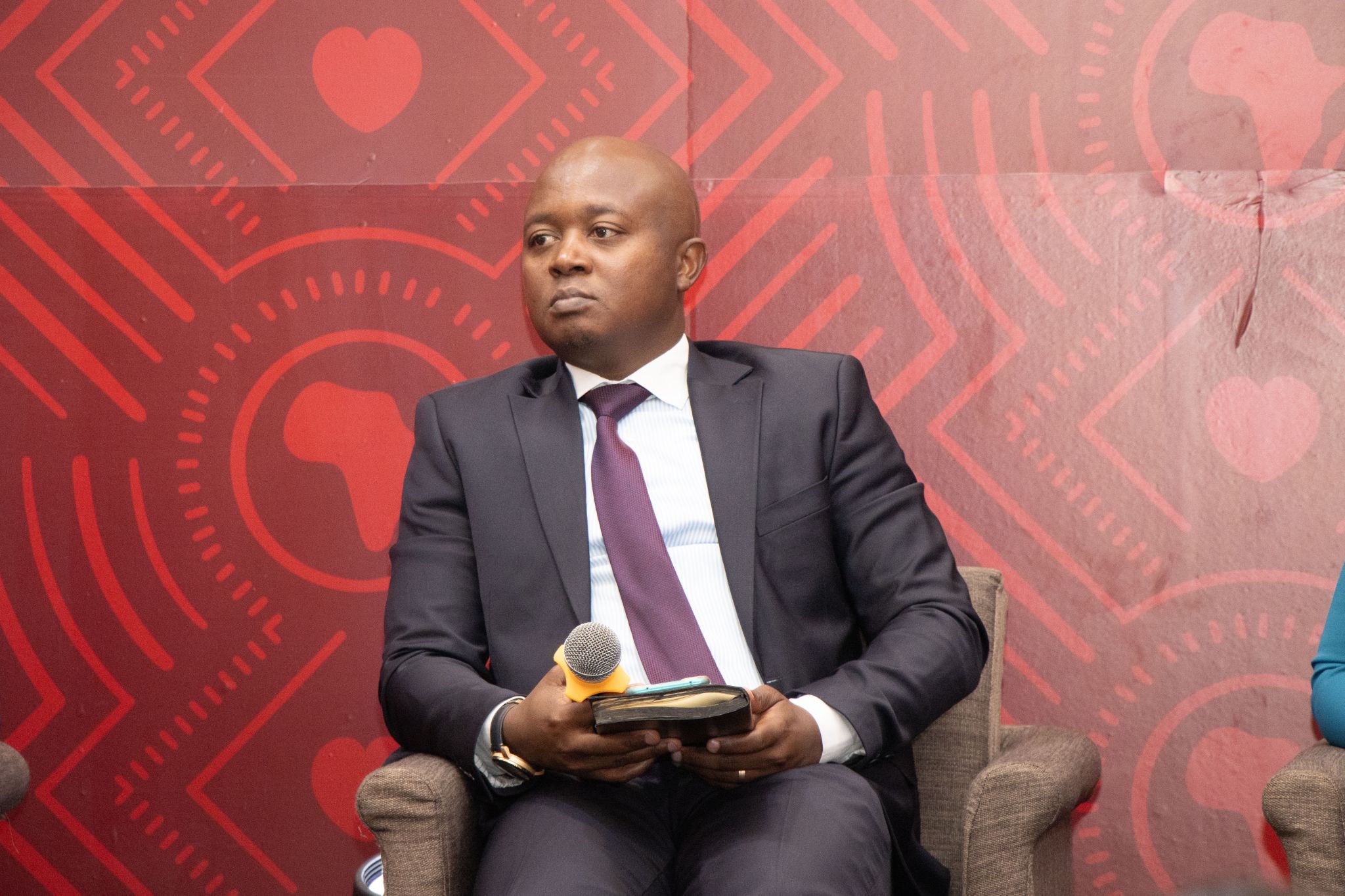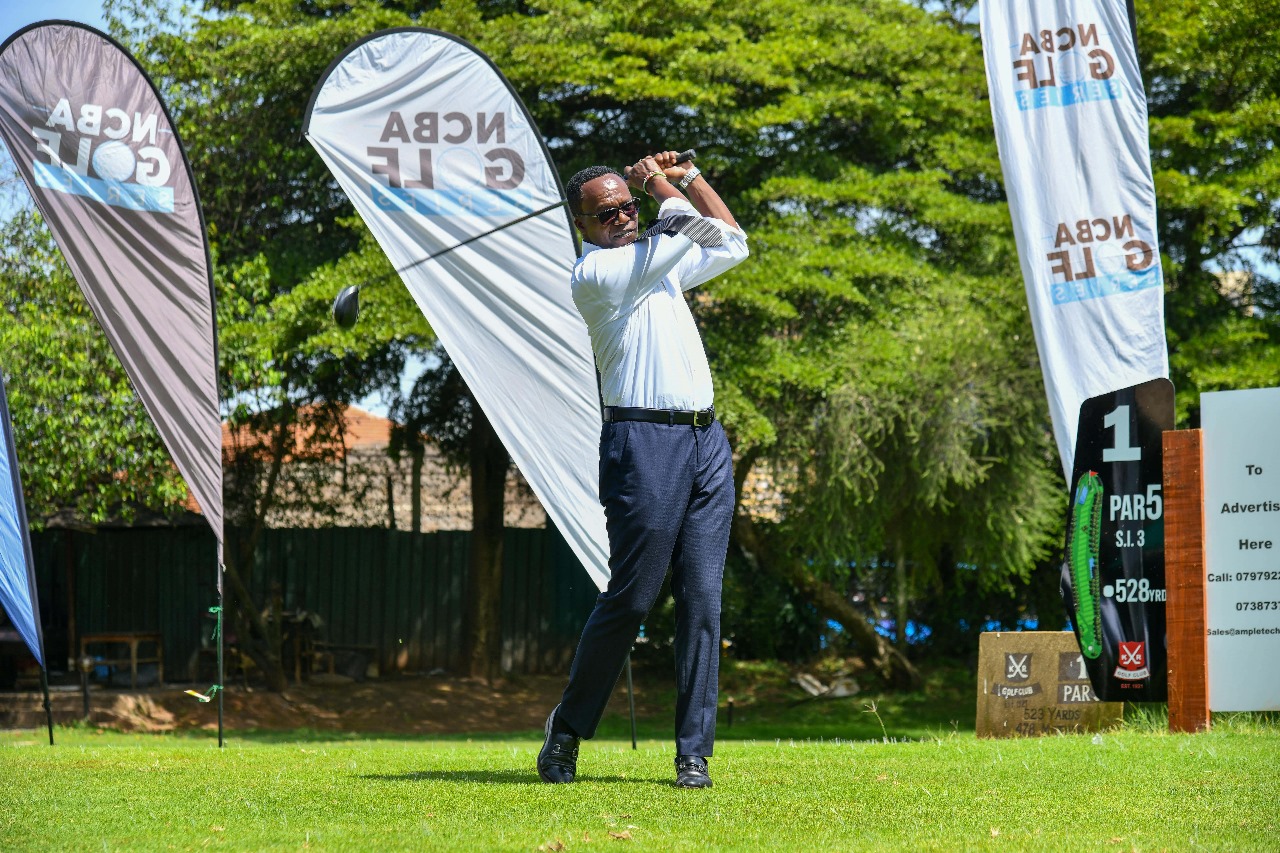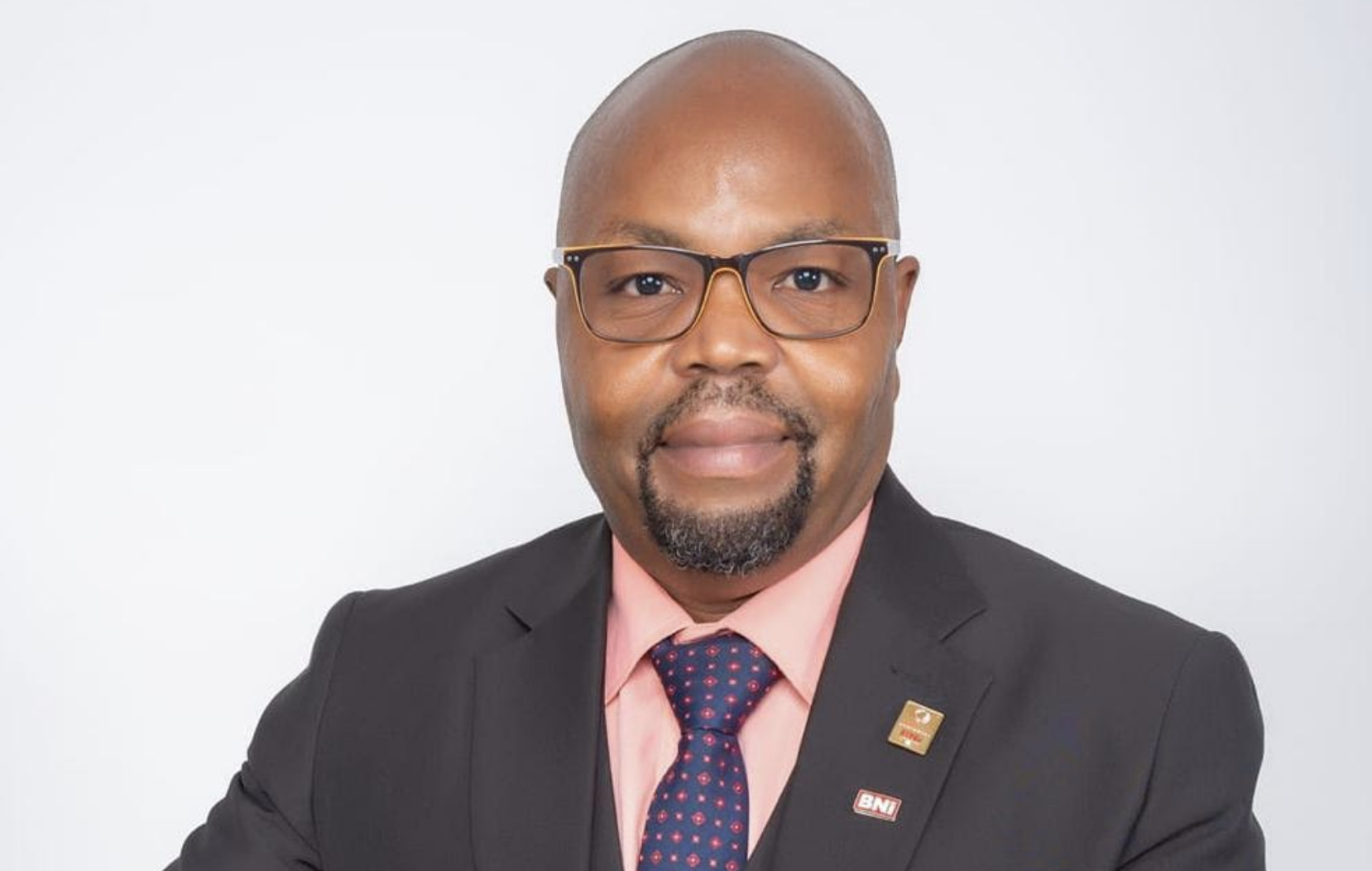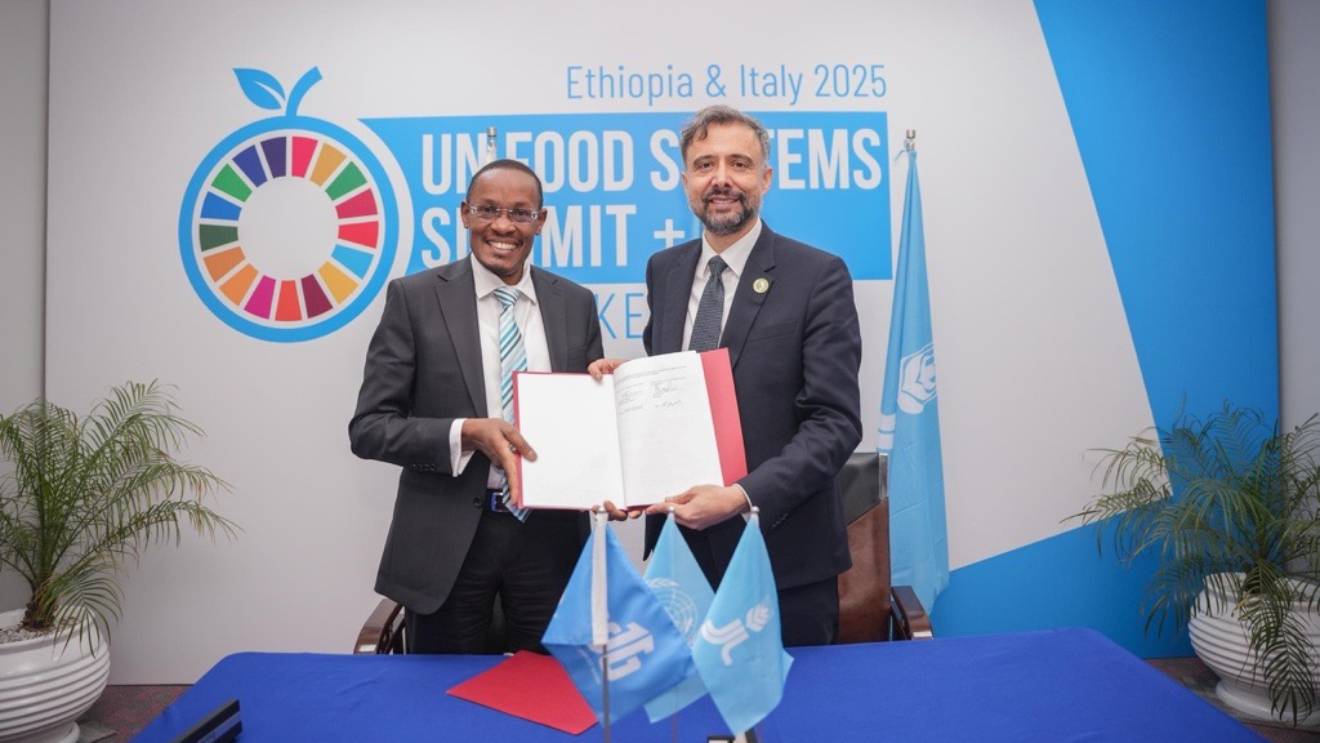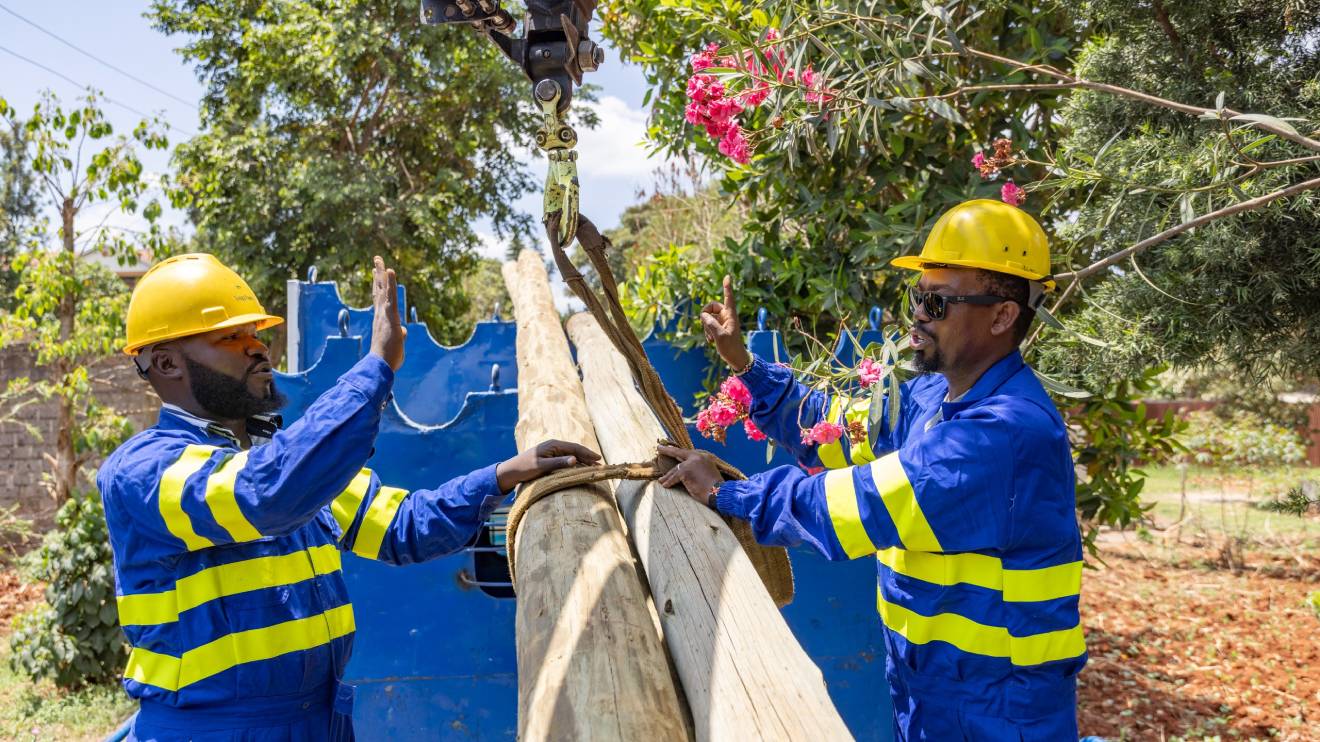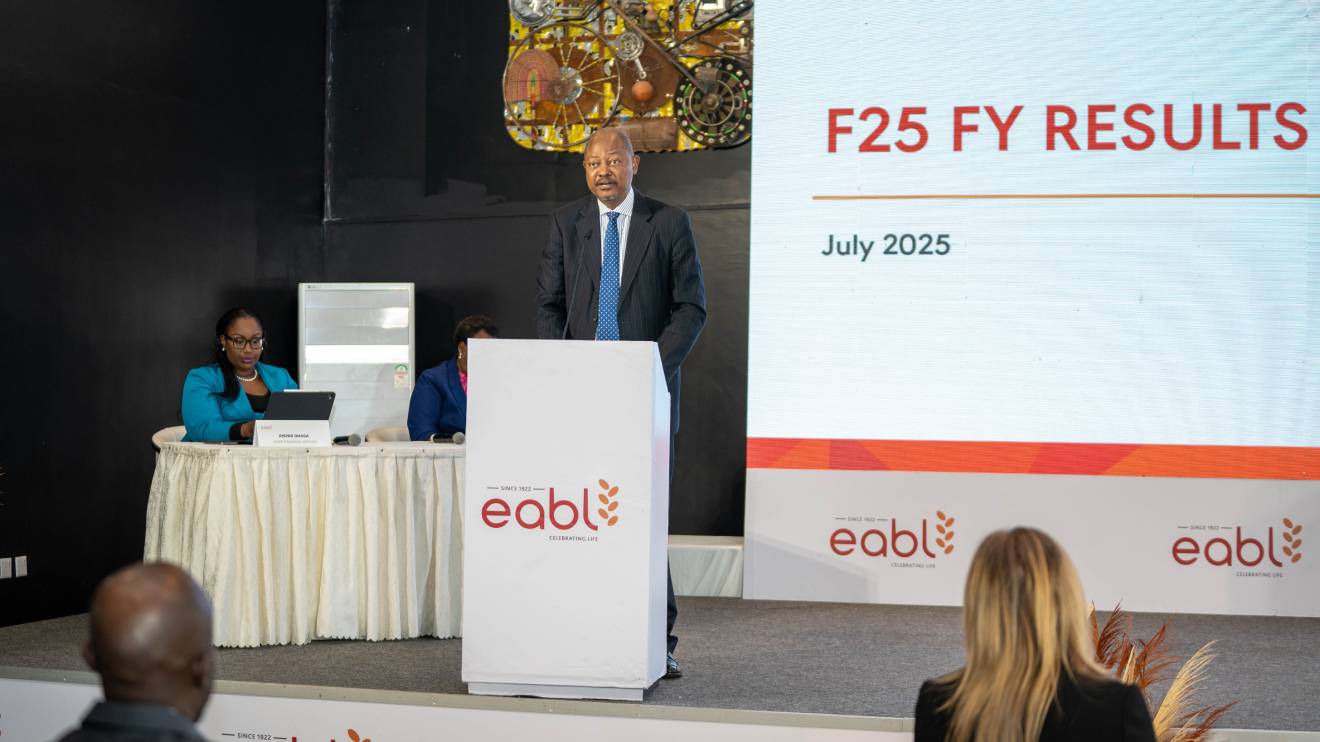A few days ago, Starlink, Elon Musk’s global satellite internet provider, suffered a massive outage that knocked out services in major parts of the United States, Europe, and Africa.
While the tech giant managed to restore it in a few hours, the incident served as a sobering wake-up call for countries like Kenya that are increasingly leaning toward foreign internet infrastructure as the backbone of national connectivity.
In recent months, a noticeable trend has emerged in Kenya’s technology and government sectors: a shift toward adopting Starlink as the preferred Internet Service Provider (ISP).
Several public agencies are already onboarding the satellite-based platform with glee without the government first analysing the implications of such a move to national interests.
On paper, it is quite an attractive option for many, from fast deployment, reasonably stable connectivity in remote areas of the country, and global credibility.
Read More
However, in reality, we risk diving right into a digital dependency trap that could undermine our national resilience, economic sustainability, and even data sovereignty in the long run.
Eggs in One Basket
The global outage of Starlink highlighted a fundamental truth: no technology is impeccable, not even those that are fully-backed by billion-dollar tech titans.
When any country’s entire communications infrastructure is hinged on a single, foreign service provider, the consequences of such an outage are magnified exponentially.
Imagine a future where Kenya’s emergency services, border security systems, or even financial networks stall owing to a hitch in a form domiciled halfway across the world.
In the current digital economy, connectivity is not just a convenience, it is a lifeline.
Entrusting that lifeline to an external entity without creating sufficient strong local alternatives is tantamount to ceding the control of your country’s digital infrastructure.
Local MNOs and ISPs
Kenyan Mobile Network Operators (MNOs) and Internet Service Providers (ISPs) have long been the vertebrae of the country’s exemplary digital transformation journey.
Companies like Safaricom, Airtel Kenya, and Telkom Kenya have, often in partnership with the government, worked to bring connectivity to both urban hubs and remote areas.
The above-mentioned telcos have invested billions of shillings in ultra-modern infrastructure, customer support, and compliance with local regulatory frameworks.
They have also played a significant role in national security, disaster response, and public service delivery.
During the COVID-19 pandemic, local telcos went out of their way to ensure there was continuity in e-learning, mobile banking, and remote work, even slashing their service costs.
Local players grasp Kenya’s unique challenges and have continued to innovate accordingly, including through building solar-powered mobile base stations and localised data centers.
Data Protection and Digital Sovereignty
There is also the vital issue of data governance.
When users in Kenya connect through Starlink, their data is routed through servers based in the United States, this effectively placing our digital footprint under foreign jurisdiction.
Conversely, local ISPs operate under the Data Protection Act and the Office of the Data Protection Commissioner, ensuring greater compliance with Kenyan laws and ethical standards.
Our data is a strategic resource as it influences policymaking, business decisions, and even elections, and surrendering control of that data jeopardizes national interests and erodes digital sovereignty, especially during a time when global cyber threats are fast escalating.
Fueling the Economy
Away from infrastructure, supporting homegrown ISPs and MNOs creates ripple effects across the economy generating thousands of jobs — from engineers and technicians, to customer support and marketing professionals.
This stimulates innovation by giving startups access to reliable local infrastructure and keeps capital within Kenya, in the process fueling local entrepreneurship and ecosystem growth.
What is the alternative? Capital flight. With every payment you make to a foreign ISP, we export potential investment, innovation, and employment.
That is not just bad economics, it is a missed opportunity for national development.
Leading the Future
Kenya was not always a follower in digital infrastructure.
In 2009, Kenya made a bold decision by launching The East African Marine System (TEAMS), its own undersea fibre optic cable, to cut reliance on expensive satellite bandwidth from Europe and this paid off immensely.
TEAMS slashed internet costs, improved speeds, and positioned Kenya as the unofficial tech capital of Africa paving way for the growth of the Silicon Savannah, mobile money, and a vibrant developer ecosystem.
Even as we fit into the global tech village today, we must summon the same boldness and vision we had when we dared to establish our own internet path and ecosystem.
Instead of falling for the convenient route and defaulting to foreign providers, we should double down on policies and incentives that support and strengthen local ISPs and MNOs.
A level playing field where local and foreign players are held to the same standards in quality of service, taxation, and compliance is critical to pave way for a more ambitious tech future.
Charting Kenya’s Unique Path
With 76.16 million mobile (SIM) subscriptions, a 145.3 per cent mobile penetration rate, and over 27.4 million internet users (Communications Authority of Kenya’s Sector Statistics Report, Q1 2025), Kenya is too advanced and too ambitious to be relegated to a digital client state.
We undoubtedly have the talent, the infrastructure, and the precedent to build a resilient, independent, and inclusive internet ecosystem.
Kenya should not merely connect to the global internet, we should help shape it, and that commences by safeguarding and investing heavily in our own capabilities.
Starlink and other foreign players can complement our efforts, but they must not be allowed to become the foundation upon which our digital destiny rests.
In this age of digital sovereignty, the real power lies not in who connects you, but in who controls the connection and we need to take a few steps back and rethink out tech future.
The writer is the Founder and CEO, Swala Nyeti


-1753808187.jpeg)
